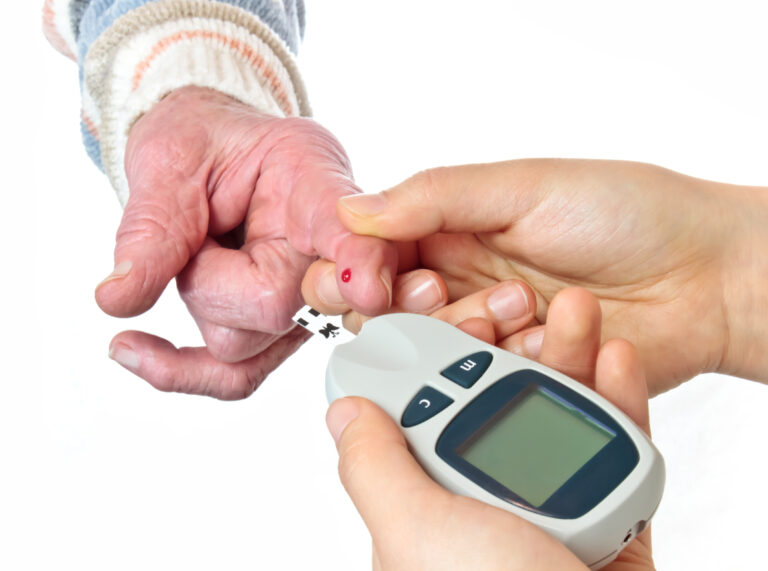Mental health is a topic that has long been stigmatized and misunderstood. Many people struggle with mental illness, but they feel ashamed or afraid to talk about it openly. This only perpetuates the cycle of silence and shame, making it harder for those who are struggling to seek help and support. It’s time to break down the stigma surrounding mental health by talking openly about it. In this blog post, we will explore why it’s so important to talk about mental illness, dispel common misconceptions, share personal stories of living with a mental illness, discuss the importance of seeking professional help, and provide coping strategies for managing mental health.
Introduction: Why We Need to Talk About Mental Health
One in five adults experiences a mental health disorder every year, yet many still feel like they can’t talk about their struggles. The stigma associated with mental illness leads to feelings of isolation, loneliness, and despair. By breaking down the stigma through open dialogue, we can create a culture where people feel safe and supported when they need it most. When we talk openly about mental health, we can raise awareness, reduce stigma, and encourage more people to seek help.
Common Misconceptions and Facts about Mental Illness
There are many myths and misconceptions surrounding mental illness. One of the biggest myths is that mental illness is a sign of weakness or moral failure. In reality, mental illness is just like any other medical condition – it requires treatment and support. Another common misconception is that people with mental illness are violent or dangerous. In fact, individuals with mental illness are much more likely to be victims of violence than perpetrators. By educating ourselves and others about these facts, we can work towards reducing stigma and increasing understanding.
Personal Stories of Living with a Mental Illness
Hearing from others who have experienced mental illness can be incredibly powerful. Here are some examples of how mental illness has impacted real people:
“I was diagnosed with depression after my mother passed away. I felt like I couldn’t cope with my grief on my own, so I sought out therapy and medication. They helped me manage my symptoms and find joy again.”
“I have anxiety, which makes social situations really difficult for me. But I learned techniques like deep breathing and positive self-talk that help me cope.”
The Importance of Seeking Professional Help
Seeking professional help is crucial for managing mental illness. A mental health professional can offer guidance, support, and tools to help you manage your symptoms and improve your quality of life. Some common forms of treatment include therapy, medication, and mindfulness practices. Don’t hesitate to reach out if you’re feeling overwhelmed or struggling – there is no shame in asking for help.
Coping Strategies for Managing Mental Health
In addition to seeking professional help, there are many things you can do to manage your mental health at home. Here are some coping strategies to consider:
Exercise regularly
Practice relaxation techniques like meditation or yoga
Connect with friends and family
Set boundaries and prioritize self-care
Conclusion: Breaking Down the Stigma Through Open Dialogue
By talking openly about mental health, we can start to break down the stigma and create a culture of acceptance and support. Whether you’re experiencing mental illness yourself or simply want to learn more, education and empathy are key. Let’s continue the conversation and work together towards a brighter future for all those affected by mental illness.


